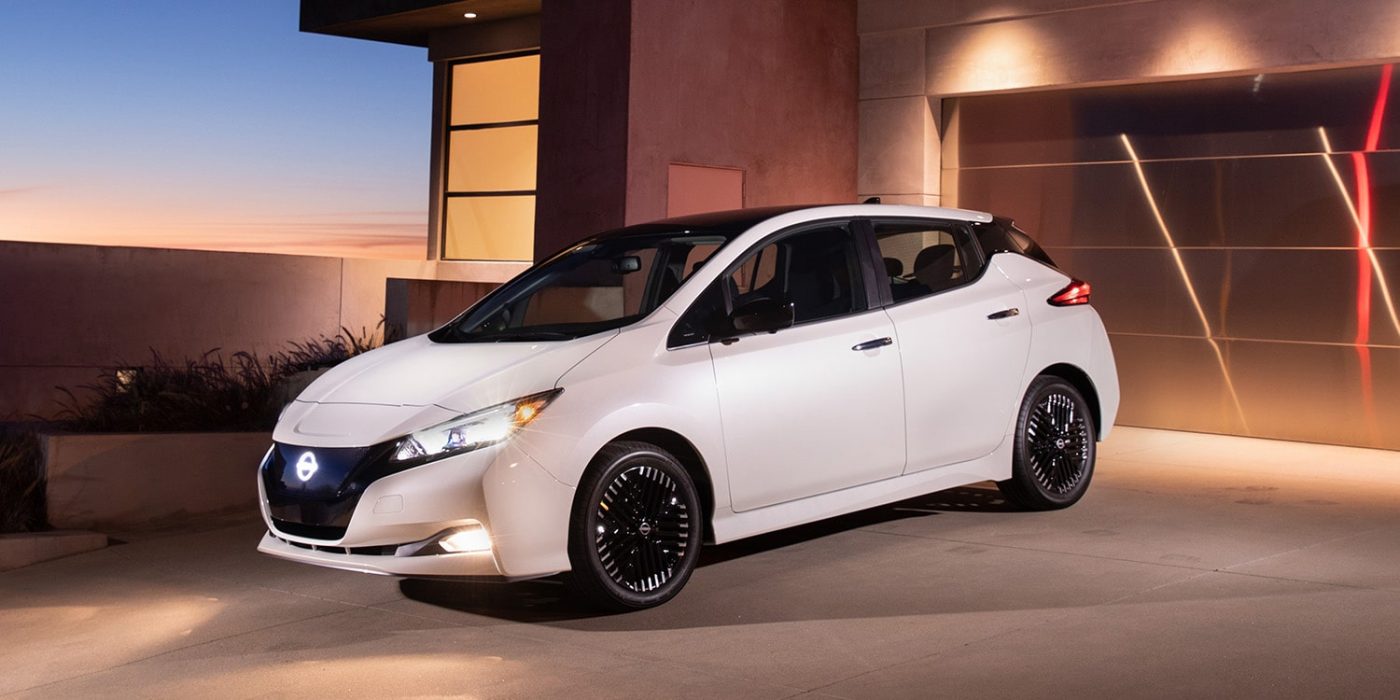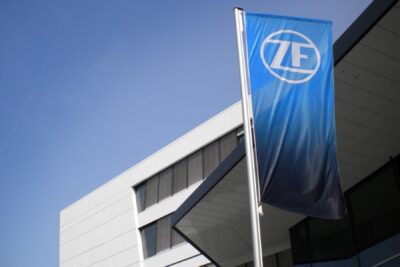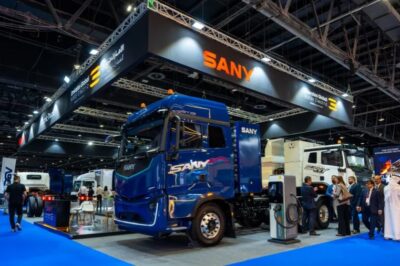US recall for nearly 20,000 Nissan Leafs
The recall affects vehicles built between 3 November 2020 and 23 May 2022 at Nissan’s assembly plant in Smyrna, Tennessee – and only those models equipped with a Level 3 DC fast-charging port. In the United States, “Level 3” refers to fast charging, typically using DC chargers. Level 1 and Level 2 denote slower AC charging, either at home or at public alternating-current charge points.
According to documents submitted to the National Highway Traffic Safety Administration (NHTSA), Nissan’s internal investigation found that the batteries could overheat during DC fast charging – potentially leading to a battery fire. According to Electrek, the company traced the issue to “excessive lithium deposits within the battery cells,” which increase electrical resistance and may, in turn, cause overheating during rapid charging.
A software update – the exact details of which Nissan has not disclosed – is expected to fix the issue. It is possible, though unconfirmed, that the update will limit maximum current and charging power during DC charging. Once the update becomes available, Nissan will notify affected owners by mail. According to the manufacturer, this is expected to begin on 24 October 2025. Until then, Nissan strongly advises customers to avoid fast charging and use only Level 1 or Level 2 AC charging.
This is not the first time the second-generation Nissan Leaf, which is no longer in production, has made headlines for issues linked to fast charging. Although the latest third-generation Leaf retains the name, it is a completely new vehicle. Soon after the launch of the second-generation model in 2018, reports of “Rapidgate” surfaced – a controversy over the car’s battery management system reducing charging power during consecutive fast-charging sessions on long trips to prevent overheating. Nissan omitted liquid cooling for both the 40-kWh battery and the later 62-kWh option, relying solely on air cooling, which in some cases proved insufficient.
The lack of liquid cooling may also be indirectly connected to the current US recall. When a lithium-ion battery operates outside its optimal temperature range and is then subjected to high stress – such as during DC fast charging – it can promote the formation of lithium deposits. As metallic lithium accumulates on the electrodes, the usable surface area decreases, reducing the cell’s energy capacity while increasing electrical resistance over time – potentially leading to the overheating issues now under investigation.
nhtsa.gov (PDF), reuters.com, electrek.co
This article was first published by Sebastian Schaal for electrive’s German edition.





0 Comments